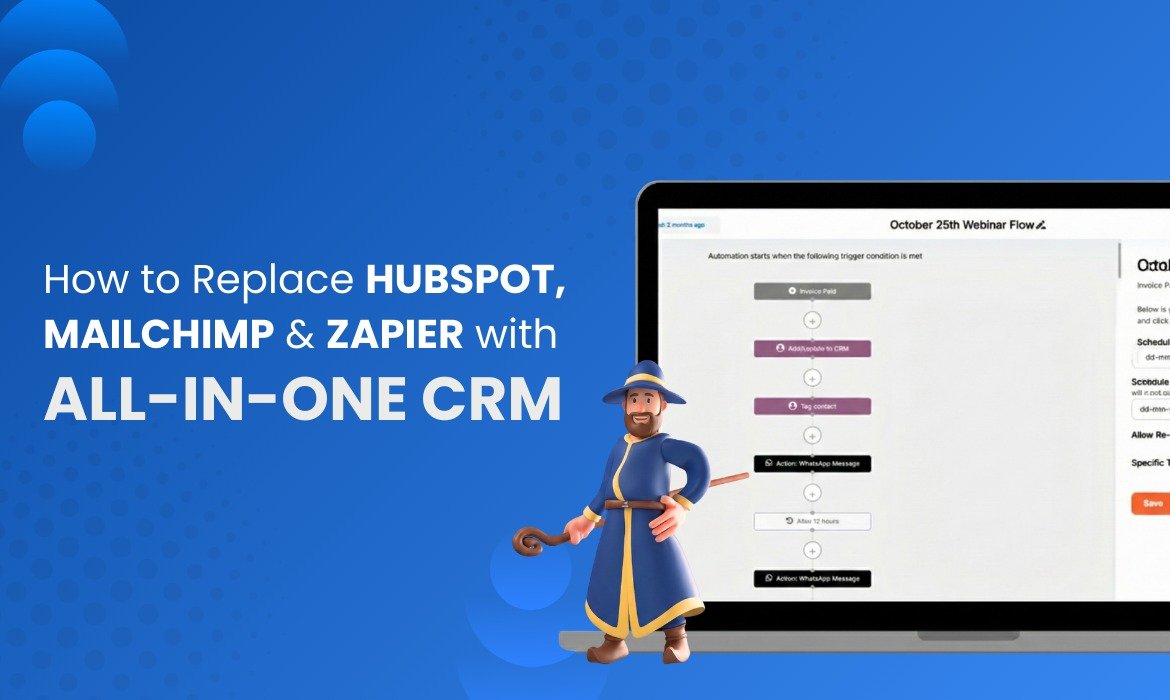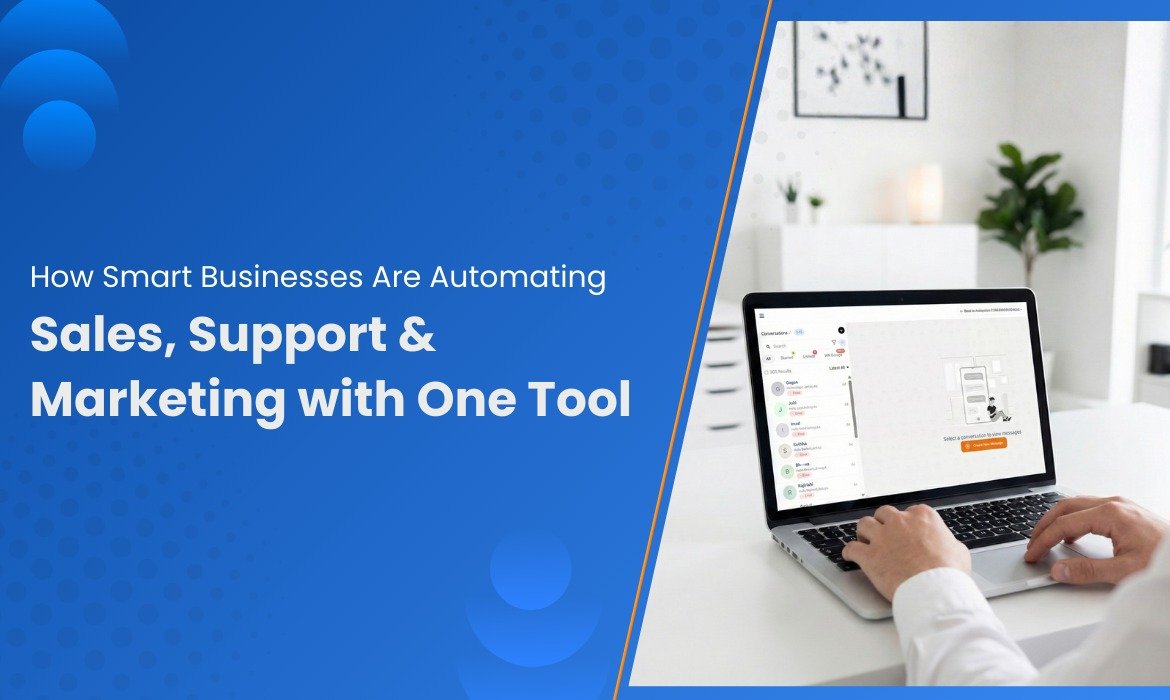Social analysis is the practice of systematically examining a social problem, issue or trend, often with the aim of prompting changes in the situation being analyzed. A social problem is a situation that is viewed by some community members as being undesirable. In a business context, examples of social problems include outsourcing jobs to another country, customer data privacy and wasting energy. Social analysis, which is topic-driven, can address such issues through qualitative research or quantitative multivariate approaches. Multivariate analysis is a field of statistical analysis and data analytics that deals with variables and their relationships.
Mentioned below are some of the free social analytics tools which can help you to manage social media.
1. Buffer –
With free plan of Buffer, you get all the major engagement stats for every update posted on Facebook, Twitter, Google+ and LinkedIn.
2. Followerwonk –
Followerwonk is one of the Twitter tools which shows detailed breakdown of the followers and their activity. Click on the Analytics tab, enter a Twitter username and you can view information on followers and following. You can see how your followers fall into categories like social authority, activity, total tweets, and follower count.
3. Iconosquare –
Iconosquare is a complete Instagram management tool which includes a user-friendly Instagram analytics section that shows big-picture views of posts, likes, comments, and followers, as well as breakdowns for the last seven days or last month, plus scores for love (the likes on your photos), talk (the comments on your photos), and reach (how many likes come from outside your followers).
4. Hootsuite –
One of the most popular social media analytics tools — and for good reason — Hootsuite offers a single online dashboard to manage your social media accounts. This includes Twitter, Facebook, Google +, LinkedIn, and more.
5. My Top Tweet –
My Top Tweet comes from CrowdRiff, the makers of Riffle. Users can enter their handles, and My Top Tweet shows which tweets have been tweeted the most out of the past 3,200 on the account.
6. Twitonomy –
Twitonomy has a wealth of information. When users sign in, they get a dashboard with stats on their account’s engagement— how often they tweet, how many links, @ replies, retweets, and favorites. Users can also see which other users they reply to most often, who is or is not following back, and a breakdown of the most commonly used hashtags.
7. Social Mention –
Social Mention is good for a quick glimpse of how people are talking about your brand online. You can type in your brand name and get information about the last time it was mentioned and where. The service provides percentages detailing reach, passion, sentiment, and strength, as well as top keywords used.
8. Cyfe –
The robust features at Cyfe let you create a custom dashboard filled with stats from dozens of marketing tools. Their social media section lets you sync up all the major networks and pull overview reports or individual reports for the accounts you manage and the accounts you want to follow.
9. Beevolve –
The free plan at Beevolve lets you create and send social media messages with direct tracking on the dollars-and-cents ROI. Tell Beevolve how much it cost to create your content and how much you expect to receive per visitor, and Beevolve will handle the rest—sending the message, analyzing the response, and emailing you the report.
10. Google Analytics –
The No. 1 use for Google Analytics is for analyzing website traffic. And as part of the analysis, you can dig into the referral stats on your social media marketing as well. Click through to Acquisition > Social, and you can check out how many visits your site receives from each of the major social networks. If you choose to add goals to your GA tracking, you can see the direct impact of social on the goals and paths as well.


![• Running ads but not seeing results
• We turn ad spend into leads sales and growth
• Proven results across Google Ads and Meta Ads
• Trusted by brands for performance marketingAimGlobal Performance Marketing• DM us to scale your campaigns
• Visit www.aimglobal.digital[performance marketing, paid ads, Google Ads, Meta Ads, lead generation, sales growth, digital advertising, AimGlobal]](https://aimglobal.digital/wp-content/plugins/instagram-feed/img/placeholder.png)




